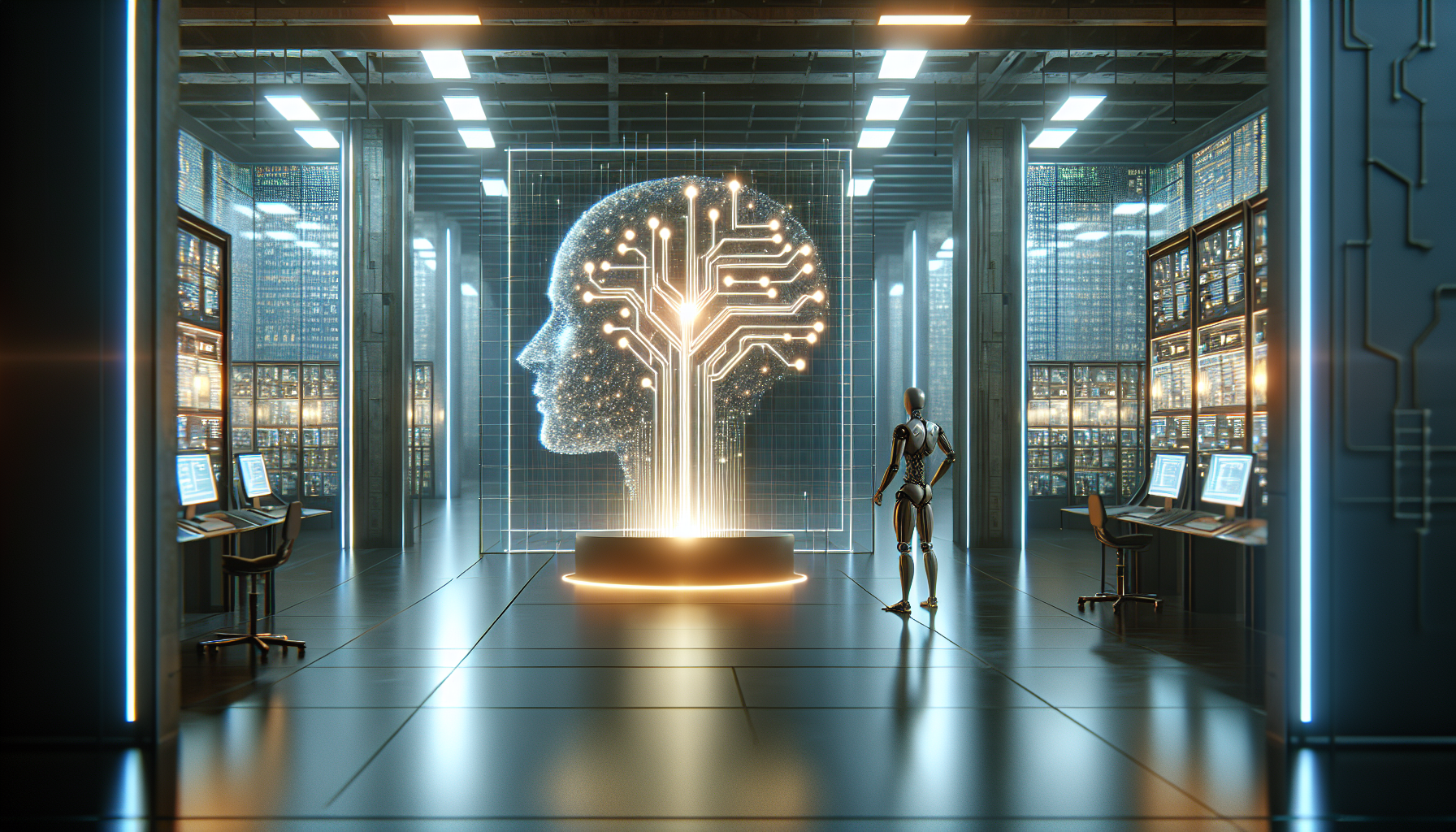
The Impact of AI on Education: Analyzing the Trend Towards Personalized Learning Experiences
May 6, 2025
Artificial Intelligence (AI) is rapidly reshaping the educational landscape, promising personalized learning experiences that cater to individual students' needs. However, this trend, while revolutionary, demands a critical examination of its implications and effectiveness. As educational institutions increasingly integrate AI into their systems, it is crucial to understand whether this technological marvel truly enhances learning or merely serves as a superficial fix to deeper systemic issues.
At the heart of AI's promise in education is the concept of personalized learning—an approach where AI algorithms adapt to the learning pace and style of each student. This is a stark departure from the traditional one-size-fits-all model, which often leaves many students disengaged and underserved. AI-driven platforms claim to offer tailored educational content, providing struggling students with additional resources while challenging advanced learners with more complex material. But does this technology deliver on its promise?
Critics argue that while AI can personalize learning experiences, it risks reducing education to a series of algorithmic interactions. The human element, vital for fostering critical thinking and creativity, might be diminished in an AI-driven classroom. Teachers, who play an essential role in inspiring and motivating students, could find themselves sidelined as mere facilitators of technology. This raises a pertinent question: In prioritizing technological efficiency, are we undermining the essential human connections that define meaningful education?
Another concern is the potential for AI to exacerbate existing educational inequalities. Access to AI-enhanced learning tools is often contingent on resources that are not uniformly available across different socio-economic strata. Wealthier institutions can afford cutting-edge AI technologies, while underfunded schools risk falling further behind, deepening the educational divide. This trend poses a significant challenge to the equitable distribution of educational opportunities—a fundamental principle that should underpin any educational reform.
Moreover, the reliance on AI for education raises pressing questions about data privacy and security. AI systems require vast amounts of data to function effectively, and students' personal information becomes a valuable commodity. The potential for misuse, breaches, or unauthorized data sharing is a significant concern that cannot be overlooked. As we entrust AI with the task of shaping young minds, ensuring robust data protection measures should be a top priority.
Despite these challenges, the potential benefits of AI in education are undeniable. AI can offer real-time feedback, helping students track their progress and identify areas for improvement. It can also automate administrative tasks, freeing up educators to focus on teaching rather than paperwork. However, these benefits should not blind us to the technology’s limitations and risks.
As AI continues to permeate the educational domain, policymakers, educators, and technologists must collaborate to ensure it serves as a tool for enhancement rather than a crutch or replacement for traditional pedagogy. This involves setting clear ethical guidelines, investing in teacher training to effectively integrate AI into curricula, and ensuring equitable access to AI resources.
The conversation about AI in education should not just focus on the technology itself but rather on how it fits into a broader vision for the future of learning. We must ask ourselves: What kind of educational experiences do we want to offer future generations? Is it one dominated by technology or enriched by it, maintaining the essential human components of empathy, creativity, and critical inquiry?
In the quest for innovation, it is imperative to remember that the ultimate goal of education is not just the acquisition of knowledge but the development of well-rounded individuals capable of thinking critically and acting ethically. As AI becomes an integral part of the educational landscape, the challenge lies in harnessing its potential while safeguarding the values and principles that make education a transformative experience.
As we navigate this complex terrain, the critical question remains: Can AI truly personalize learning without compromising the essential human elements that define education, or are we, in our pursuit of technological advancement, overlooking the very essence of what it means to learn?


